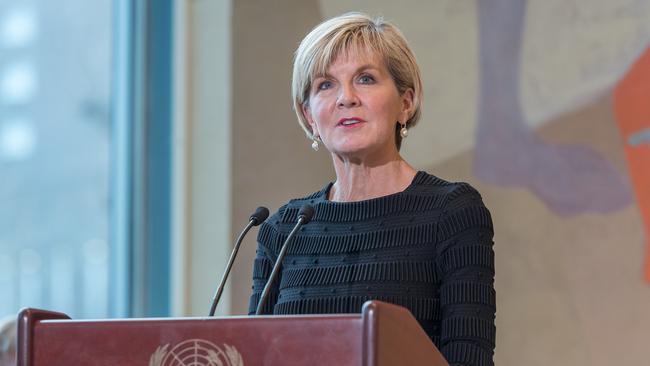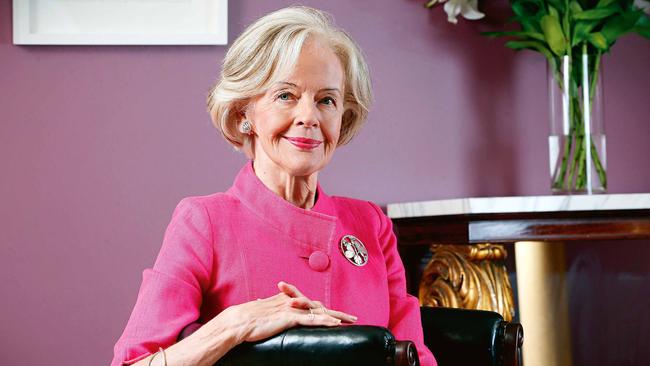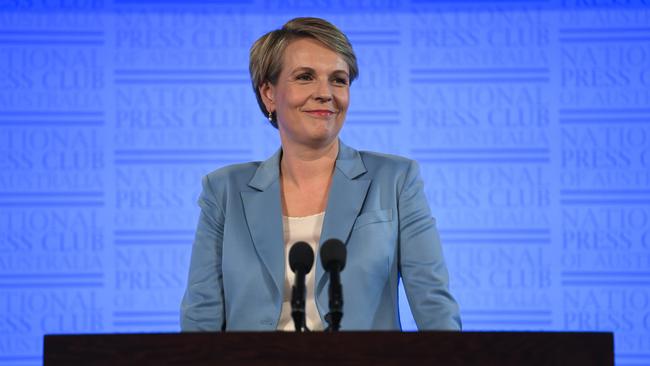Women leaders must support other women
AUSTRALIA has a talented pool of competent, motivated and smart women to draw from for leadership positions, so why are we still falling short, asks Professor Julie Cogin.
Rendezview
Don't miss out on the headlines from Rendezview. Followed categories will be added to My News.
DESPITE moving forward in leaps and bounds when it comes to equal rights and women’s empowerment, there’s still a gender imbalance when it comes to leadership.
It’s shocking that I am the only female Dean of a Business School in the prestigious Go8; a coalition of the eight leading Australian universities. It’s also disappointing that the ten highest paid CEOs in Australia are all men.
Further research conducted by Women’s Agenda on CEOs reveals an even bleaker picture, the number of female leaders of ASX200 companies is so small that there isn’t enough data to test for differences in pay and other conditions.
Leadership of our institutions, including parliament, boards, enterprise, and universities is not keeping pace, nor is representative of the population. The honours lists on Australia Day is another example of gender imbalance. While I certainly don’t discount the contributions of the men that receive such recognition, I believe there are equal numbers of women that should be
recognised for excellence, achievement or meritorious service.

Unfortunately unconscious gender bias continues to be a hurdle and is particularly problematic in the world of work. One recent study on hiring laboratory managers found that applicants whose name was John as opposed to Jennifer were appointed more often and offered higher salaries, despite identical CVs. In a similar way, I have seen perceptions of professional
women negatively change to be less competent or lacking focus when they become mothers. Such a change in perception does not affect men when they become fathers.
Efforts for the future need to be on realising the benefits of diversity in leadership and bringing talented women with fresh ideas, perspectives and views into our organisations.
Australia has a talented pool of competent, motivated and smart women to draw from, so how do we start?
First, we need to be aware of unconscious biases, which develop at a young age from our experiences, associations and culture and shape as we grow up. By acknowledging that our natural tendency is to hire someone similar to us, we can begin to openly address assumptions during the recruitment process. Some organisations are actively championing this with affirmative action hiring and women’s capability is starting to speak for itself.

Second, it important to focus on inclusivity as much as possible. Create opportunities for open discussion with those from socially dissimilar groups to really understand the issues and address the obstacles that ostracise people. One is the concept of the “ideal” worker which is still associated with total dedication to the job rather than actual performance. At the end of the day, the stigma around women’s roles in care taking, and their emotional capability to lead, breed gender bias in the workplace. Assumptions such as not being able to travel for work if you have young children, not being 100 per cent committed to your employer, job or team if you are part-time or that you must arrive early and stay late, are unjustified.
I encourage a paradigm shift with a few updated assumptions:
i) all employees have interests outside work;
ii) all employees will need to adjust the time they spend doing paid and unpaid work at
various stages of their lives; and
iii) all workers are responsible for achieving desired outcomes.

Finally, we can create change by working together.
The #MeToo and HeforShe campaigns remind me of the power of the collective voice. Social change cannot be achieved by any one person acting alone. Together we must unite towards a larger movement for change. In my role, I want to empower and inspire women of all ages, backgrounds and interests to pursue their career dreams, no matter what obstacles they believe are in place. There has been a lot of work put into progressing these issues, but I see it as a paramount, for not only me, but all women in leadership positions, to not be complacent and to continue to promote and support other women. It is here we have the greatest impact — when we create a supportive community, we’re pressing for progress, which fittingly, is the theme of this year’s International Women’s Day.
Professor Julie Cogin, Academic Dean and Head of School at UQ Business School
Originally published as Women leaders must support other women


